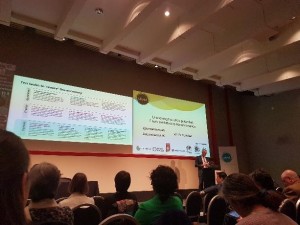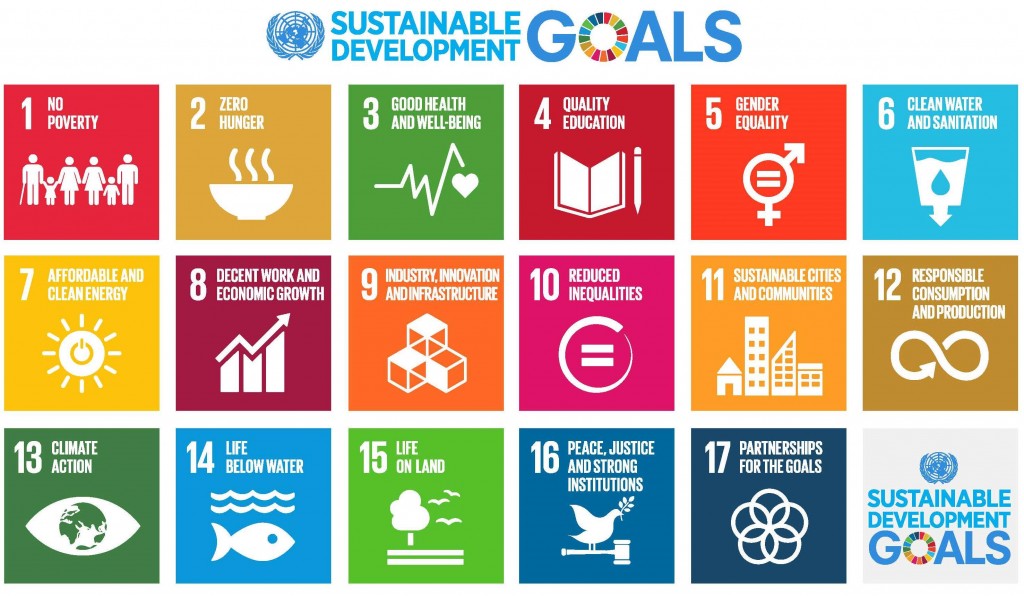Recognising the urgency of the climate emergency, King’s set the ambitious target to be net zero carbon by 2025 in March 2017. The university has made significant progress on reducing emissions so far, reducing total carbon emissions by 41% since 2005-06. This year, we are launching the King’s Climate Action Network (King’s CAN) to develop a strategy that will take us to net zero carbon.
King’s CAN will be an open, interdisciplinary forum to bring together the skills and energy from across King’s to take climate action. The network will tackle a wide range of impact areas, including our university operations, procurement, travel, research and education.
The aim of the network is to propose solutions to the climate crisis by minimising our negative impacts, and maximising the positive impact we can have in our role as a university.
We are now looking for staff and students to join the King’s Climate Action Network and help us lead King’s to be net zero carbon by 2025. There will be regular events throughout the year, and you can get involved in one or more of the groups below, each looking at a different aspect of carbon and climate change:
- Zero carbon estate (energy and water use, sustainable construction)
- Procurement and waste (purchasing policies and data, waste management)
- Travel (flights, business travel and commuting)
- Responsible investment (divestment from fossil fuels, investment in socially responsible funds)
- Students & Education (formal and informal education on climate change and sustainability)
- Community & Engagement (creating a positive impact as part of our net zero carbon target)
- Zero carbon research
Groups will be made up of staff, students, and members of the wider King’s community such as alumni, partner institutions and local community members. We hope that through this network, we can build meaningful positive change at King’s, and share our strategy and findings to benefit our wider community.
We have now also opened applications for the King’s Climate Action Team, a volunteering opportunity for students who would like to get involved in the running of the network. As a volunteer, you will be supporting the Sustainability Team in running network events and sub-groups, gaining leadership skill and experience of carbon management in institutions like King’s. Applications are open until Friday, 9th October. You can find out more here.
The official launch will take place online on the 16th October. If you would like to find out more, please contact sustainability@kcl.ac.uk or visit the sustainability webpages. To join the network, please register your interest here.

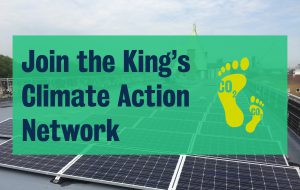
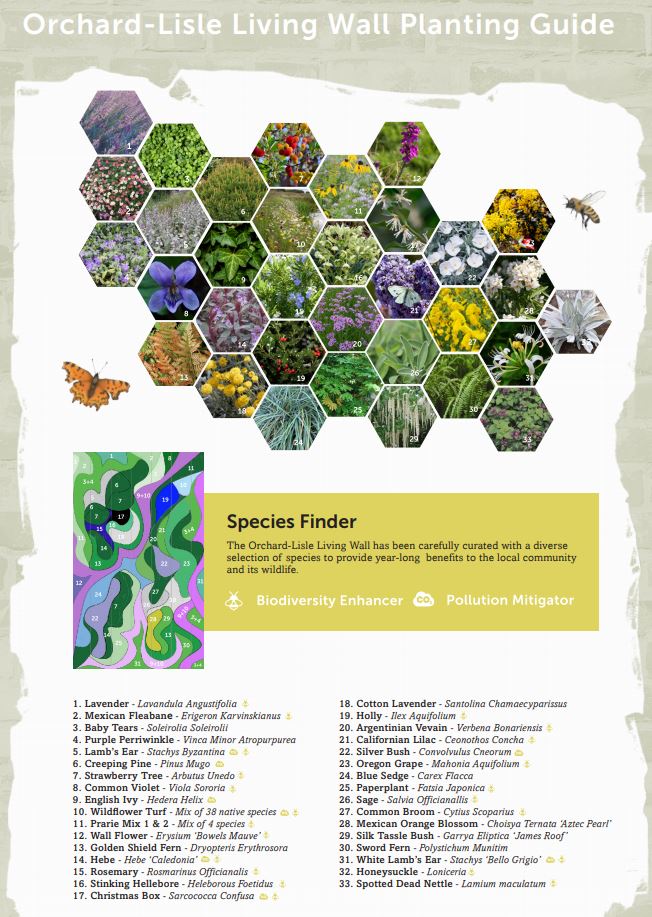
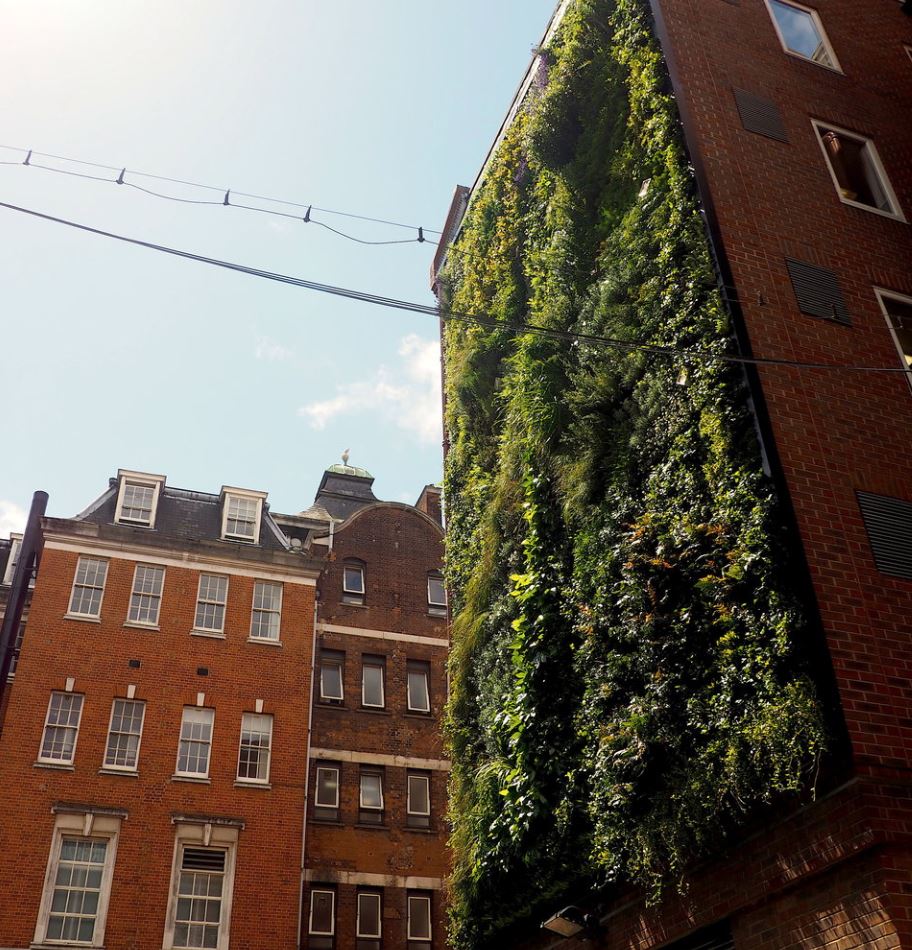

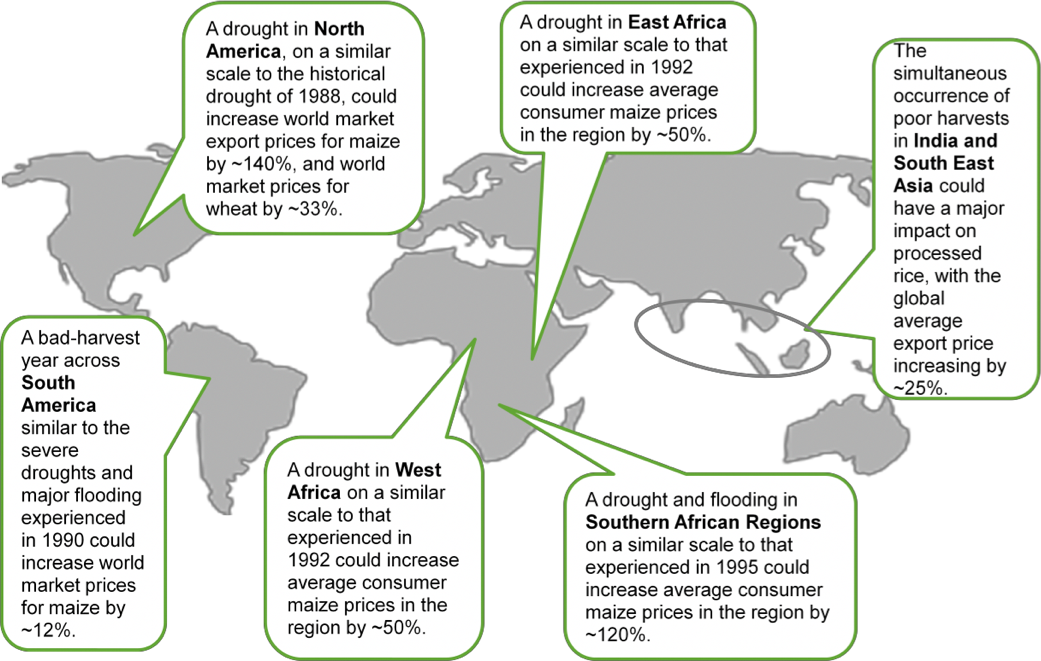
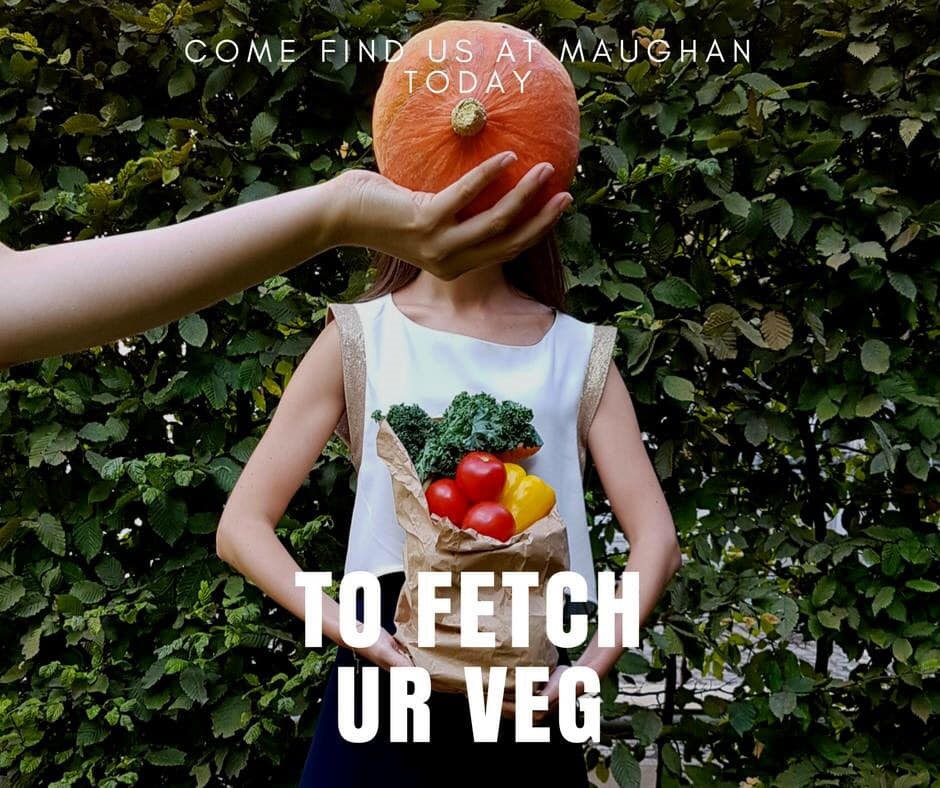
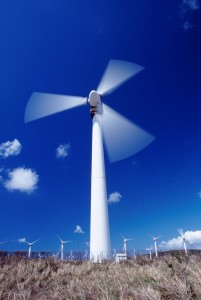
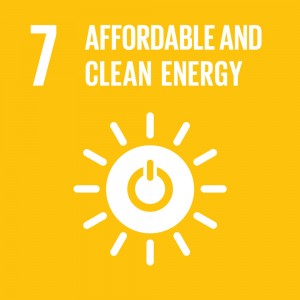
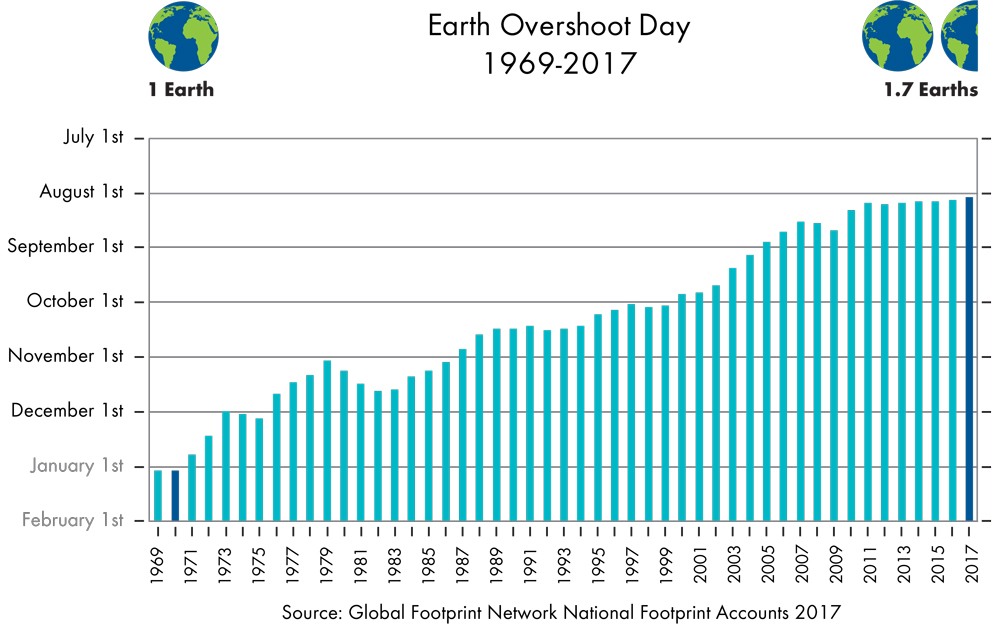
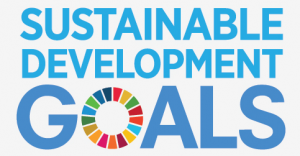 The conference started with a keynote speech by Amanda MacKenzie OBE, who highlighted the importance of getting everyone involved. When the SDGs were unveiled, she ran a campaign to get word about them out there. One of the key messages of this was the importance of using simple language everyone understands. This is why she refers to the goals as Global Goals rather than SDGs, claiming the term SDGs “sounds like something you would see your doctor about”. By calling them the Global Goals and making them accessible, we should be able to take millions of small, simple actions, together adding up to significant change.
The conference started with a keynote speech by Amanda MacKenzie OBE, who highlighted the importance of getting everyone involved. When the SDGs were unveiled, she ran a campaign to get word about them out there. One of the key messages of this was the importance of using simple language everyone understands. This is why she refers to the goals as Global Goals rather than SDGs, claiming the term SDGs “sounds like something you would see your doctor about”. By calling them the Global Goals and making them accessible, we should be able to take millions of small, simple actions, together adding up to significant change.